Reviewed by: Jame Jimenez
Apple's decision to eliminate the MLS Season Pass paywall is a sharp pivot in its streaming playbook, one that could reshape how we think about premium sports. Starting in 2026, every Major League Soccer match will stream inside the standard Apple TV subscription at no extra cost (Mac Daily News). That ends the dual-subscription era, the $14.99 per month or $99 per season add-on fans have paid on top of Apple TV for the past three years.
So why now? Apple locked in exclusive global rights with a $2.5 billion, ten-year pact that runs through 2033 (Sports Pro), yet viewership sagged under the paywall. At the same time, Services revenue hit a record $27.42 billion in Q3 2025 (AI Invest), which gives Apple room to eat near-term losses and chase stickier, long-term gains across the ecosystem.
This reads like Apple treating premium content as ecosystem glue, not a stand-alone profit center. The company has already widened Apple TV access through bundles with Peacock and a Chase perk that gives Sapphire cardholders free access (Hollywood Reporter). Drop the paywall, grow retention and ad revenue, and let that outpace what Season Pass brought in.
Why the paywall experiment hit roadblocks
Start with the price. In surveys, 72% of U.S. sports fans call the $99 seasonal cost too expensive (Cord Cutters News). Not just sticker shock. A mismatch between price and perceived value, and it dragged on league growth.
The audience picture backs it up. Average MLS viewership on Apple TV sits around 120,000 per match, a steep drop from the 343,000 ESPN averaged in 2022 (Cord Cutters News). That 65% slide stings, especially as MLS added big-name players and expanded its footprint.
Here is the kicker. Roughly one-third of FIFA World Cup fans say the Apple TV paywall keeps them from watching MLS (Cord Cutters News). Think about that. These are proven soccer viewers, which the survey suggests could be deterring a sizable portion of potential viewers. That kind of friction suggests Apple overestimated how much fans would pay for league access.
It goes deeper than price gripes. Two-thirds of fans say they are unlikely to follow MLS next year if Apple’s exclusive setup stays as is, and only 10% are very likely to keep watching (Cord Cutters News). When the pipeline of future viewers looks that shaky, the paywall is not just capping growth, it is eroding the base.
What Apple gains by removing barriers
Folding MLS into the standard subscription fits how Apple monetizes video. Live sports are the one place inside Apple TV where the company sells ads (Hollywood Reporter). By opening MLS to all Apple TV subscribers, Apple creates more inventory and can nudge ad rates up with scale.
Then there is the ecosystem lift. MLS shows up across the Apple Sports app, Apple Maps, and Apple Music (New York Times). Make the games easier to watch, and people spend more time in Apple’s world, where every touchpoint can reinforce the next.
Context matters too. Streamers shelled out $12.5 billion for sports rights in 2025, with Apple squaring up against DAZN and Prime Video (AI Invest). Apple’s twist, instead of cherry-picking marquee events, it buys league-wide rights. That means steadier programming and viewing habits, which advertisers love.
One more tell. The shift from Apple TV+ to simply Apple TV signals a tilt toward live content that keeps people coming back (AI Invest). Sports are appointment viewing in a sea of on-demand shows. That rhythm matters.
How this fits Apple's broader sports strategy
Look at the slate forming. Starting in 2026, Apple TV subscribers get every Formula 1 race and F1TV Premium at no extra charge (Sports Pro). Add Friday Night Baseball from Major League Baseball (Sports Pro), and you can see the year-round cadence Apple is building.
The F1 price tag tells you Apple is willing to spend for position. The company committed $750 million over five years, roughly $140 to $150 million annually, to secure Formula 1 rights (AI Invest). The pattern holds, comprehensive league deals over one-off tentpoles, so viewers form habits instead of popping in for a single big night.
All of this plays against a market that is swelling. Sports streaming was valued at $33.93 billion in 2024 and is projected to hit $75.17 billion by 2030 with a 12.6% compound annual growth rate (AI Invest). Getting in early with a distinct model matters.
There is a tech layer here too. Apple highlighted AI-driven personalization at WWDC25, which feeds targeted recommendations and advertising across sports content (AI Invest). That opens revenue paths beyond a simple paywall.
What this means for the Apple ecosystem moving forward
Absorbing MLS Season Pass costs signals a shift in Apple’s content economics. Sports become a lever for engagement and data, not just a direct line on the P&L. Record Services revenue gives Apple the cushion to make that bet.
There is still a process check. The revised MLS agreement needs sign-off from the league’s board of governors (Hollywood Reporter). Apple reportedly holds an opt-out after year five (Sportico), which lets the company course-correct if the numbers do not pencil out, and it telegraphs confidence in finding value through ads and engagement.
The logic is straightforward. Live sports create appointment viewing, reduce churn, and keep people in the app. Apple struggled to build that same drumbeat with scripted fare, so it is leaning into a category that naturally drives repeat usage.
The integration potential is huge. With the Apple Sports app and AI-powered personalization, sports can become a gateway to deeper hooks, from personalized highlight reels to predictive game recommendations to music tie-ins. You open a match, you end up using half a dozen Apple services.
Bottom line, Apple is betting that ecosystem engagement, advertising, and data will outweigh the lost Season Pass fees. Subscribers get more for the same monthly price. The industry gets a signal that tech giants will use premium sports as loss leaders to achieve bigger goals, a play that could reshape how we watch and pay for games.
And the timing could be perfect for soccer in the U.S. With the 2026 World Cup on home soil, even modest conversion of casual fans could push MLS past a million viewers per match (Cord Cutters News). Remove the barrier now, and Apple is set to capture the surge while showing other leagues that broad, frictionless access can beat premium pricing.






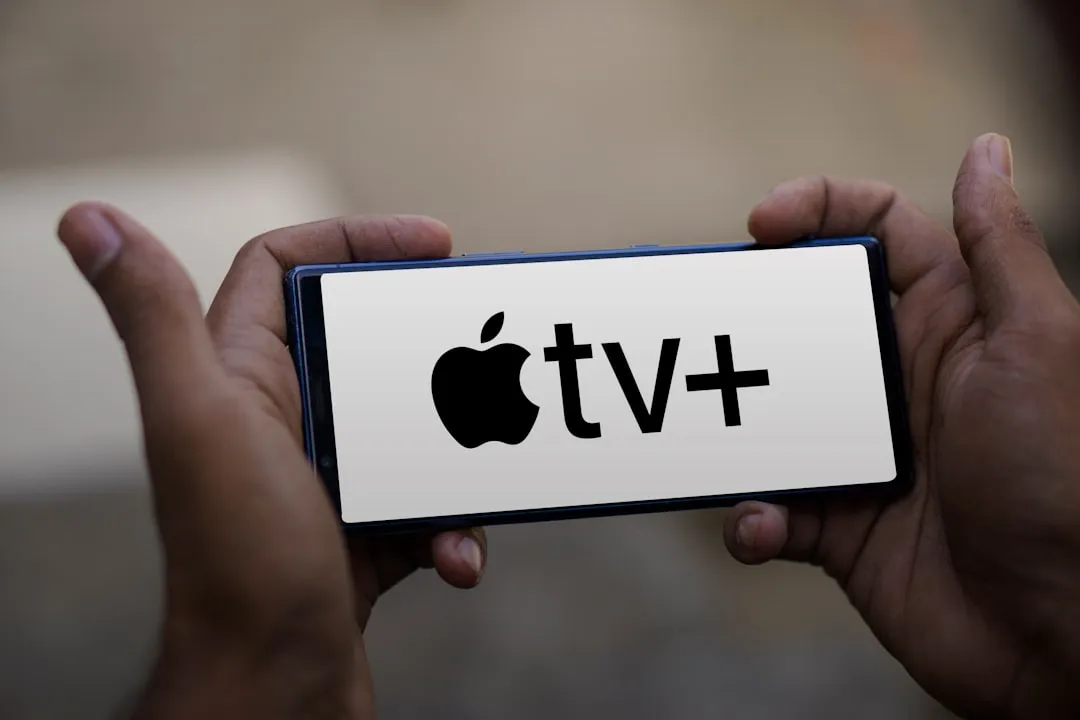
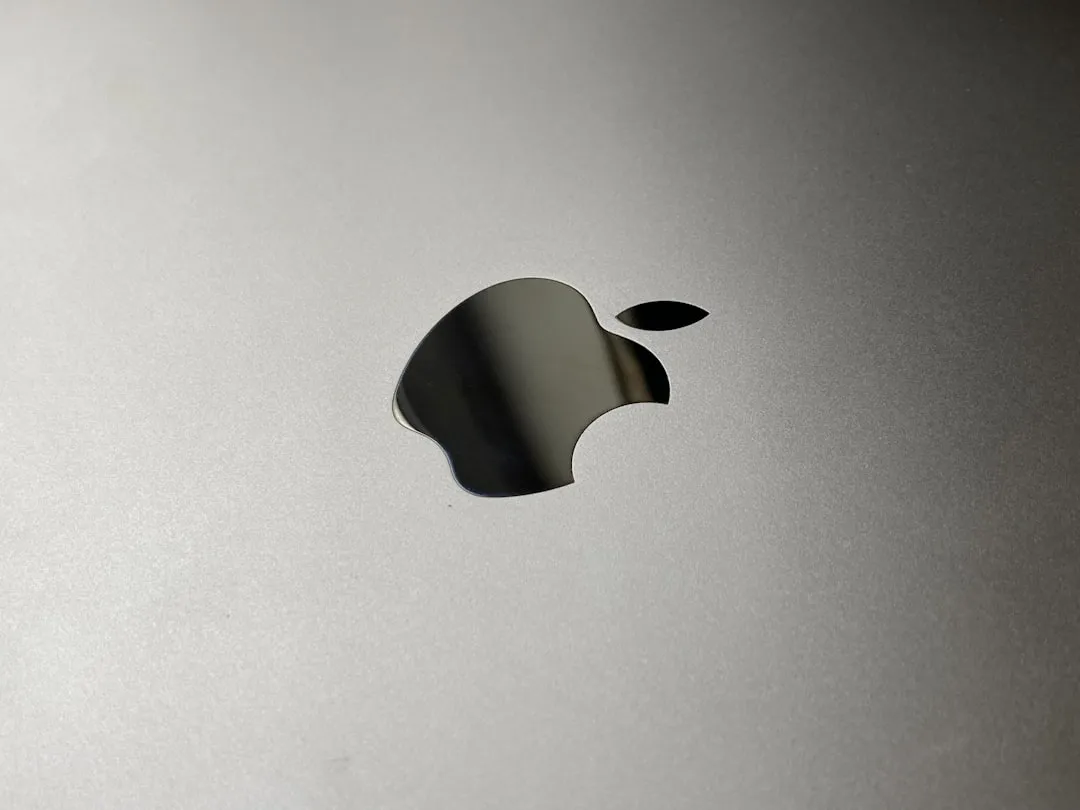
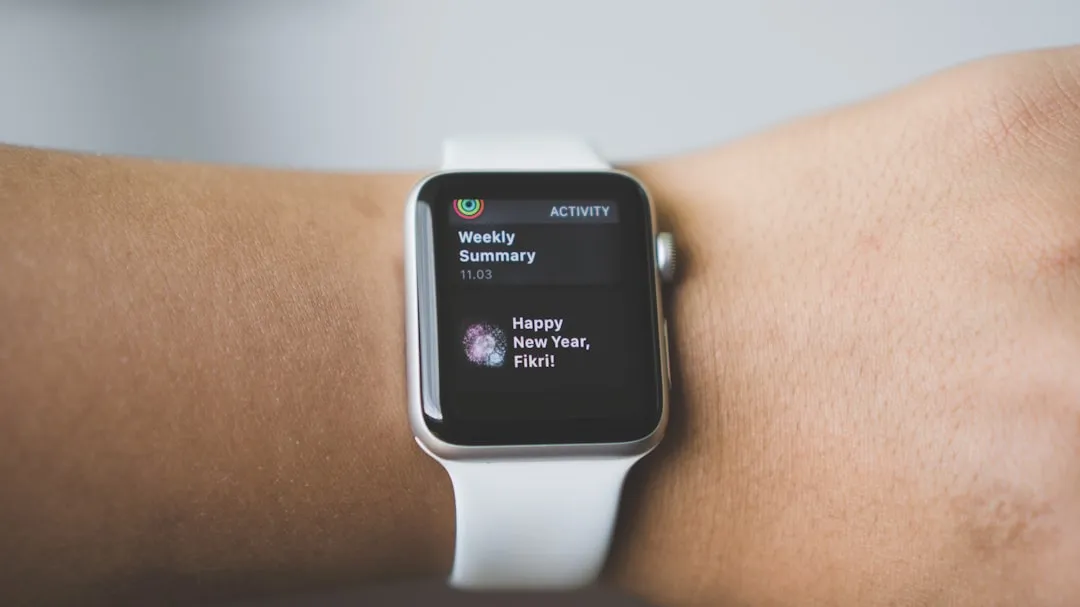
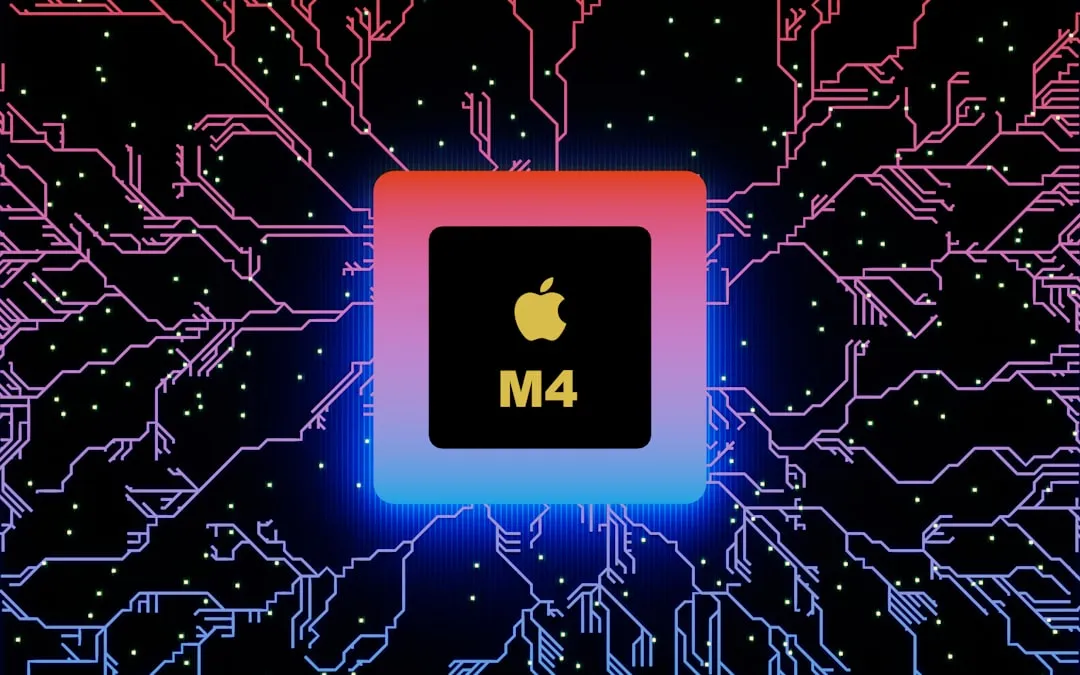



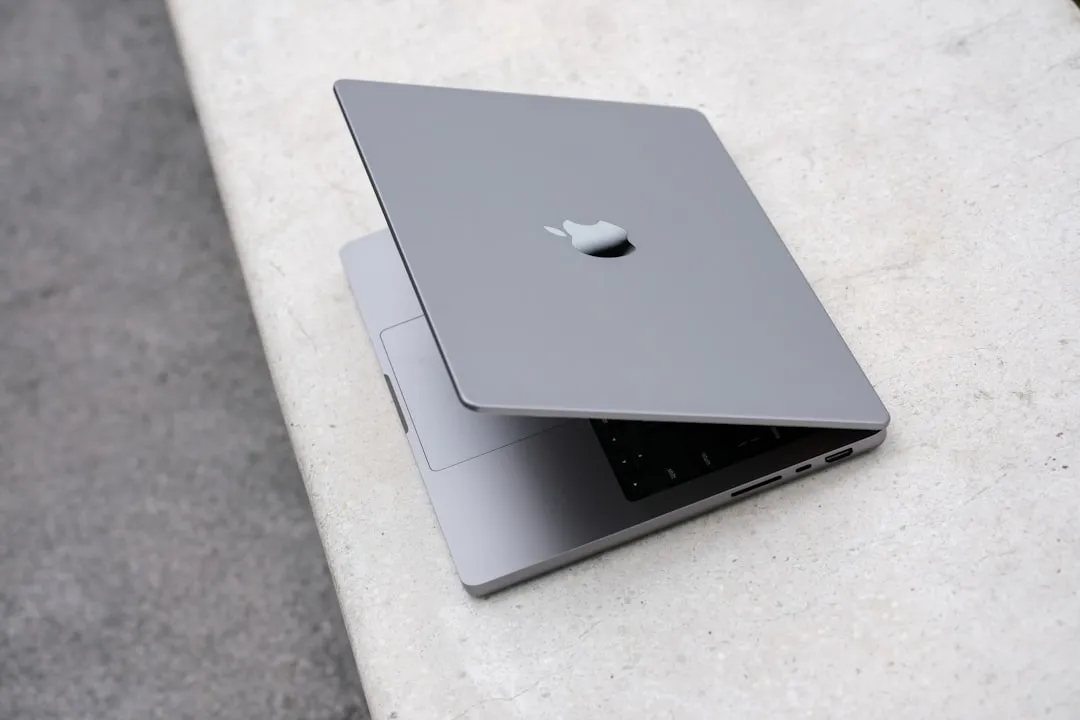
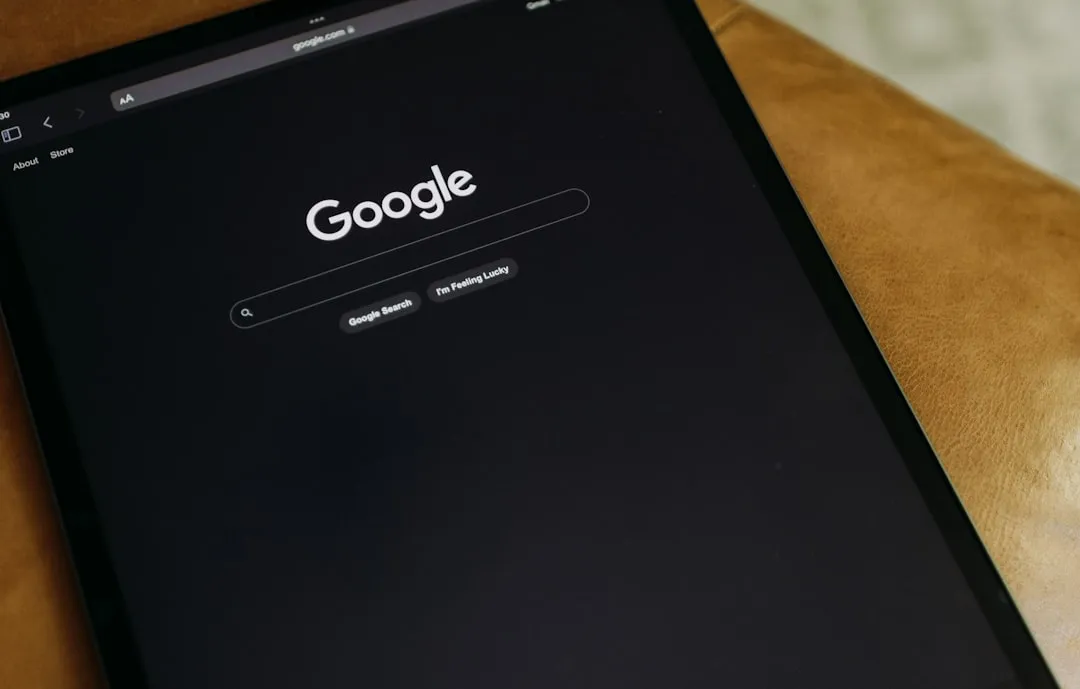

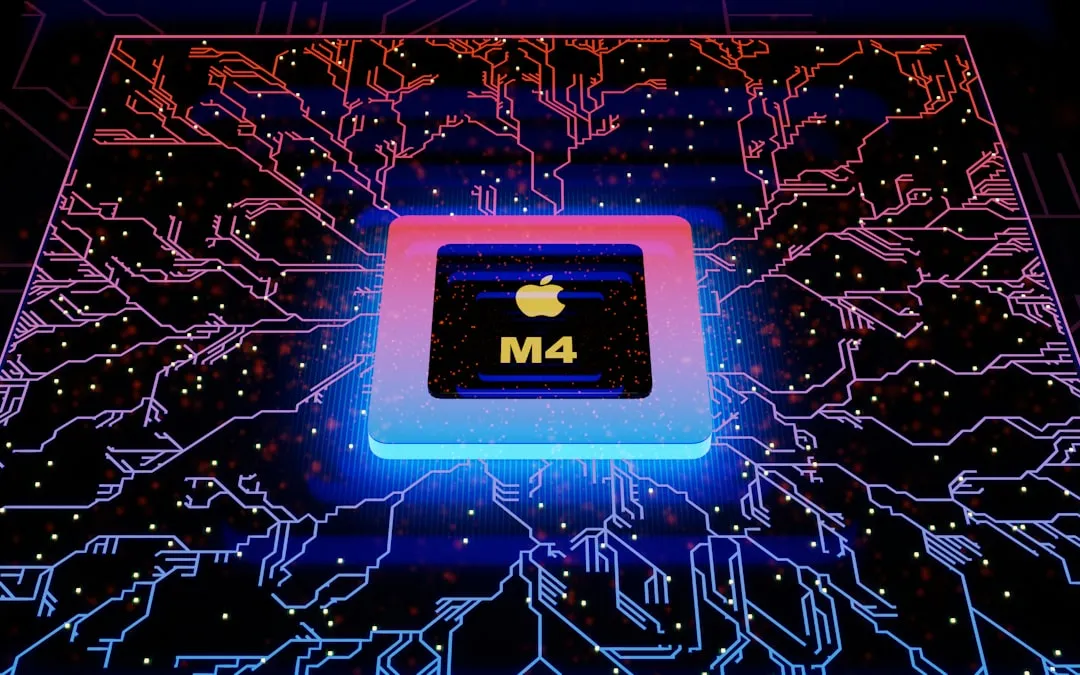

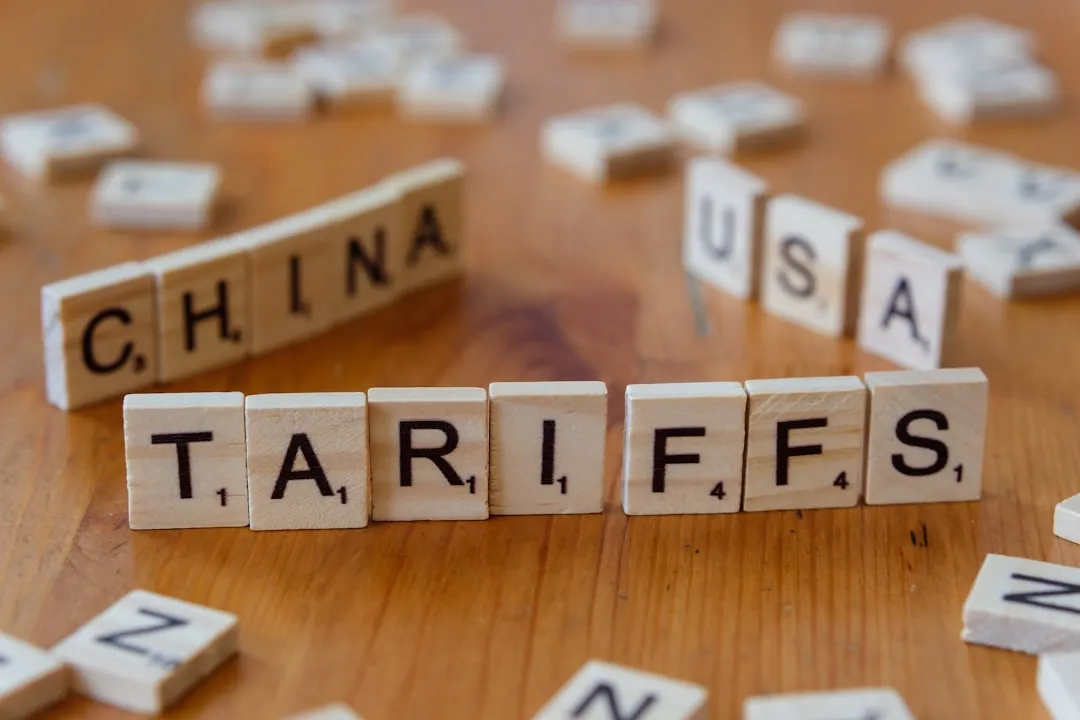
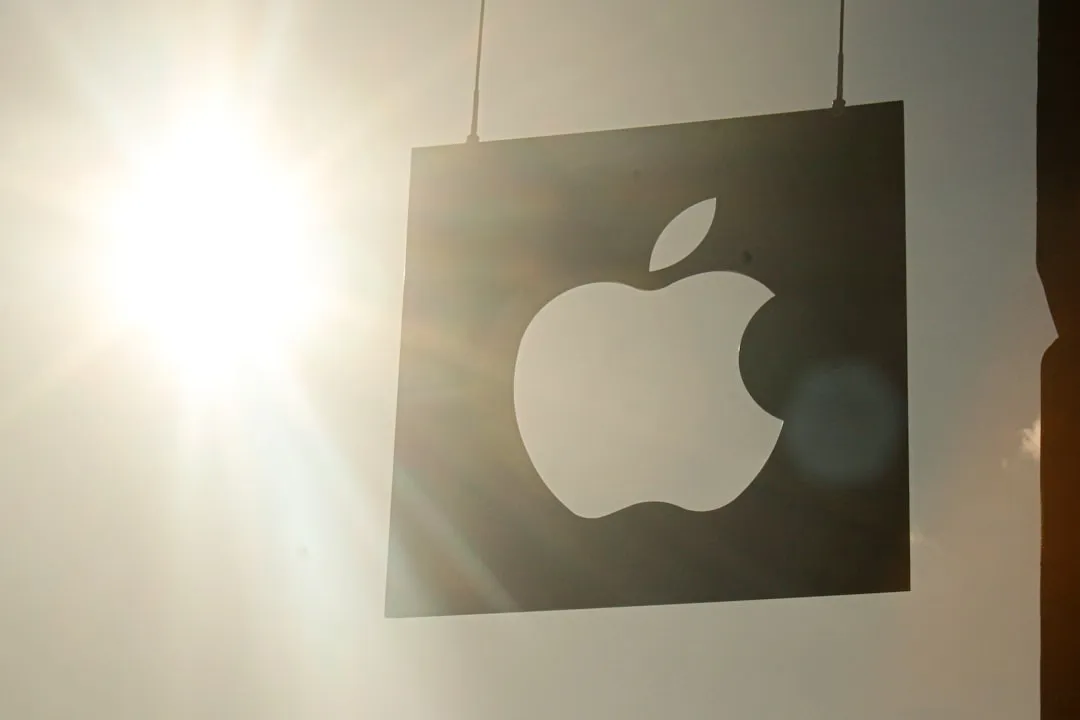
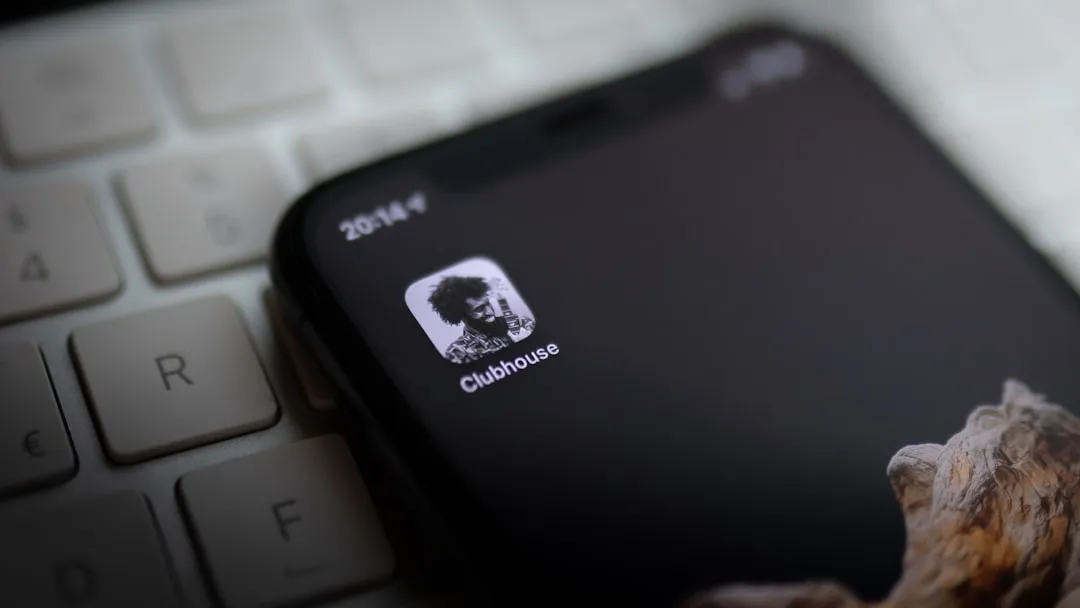
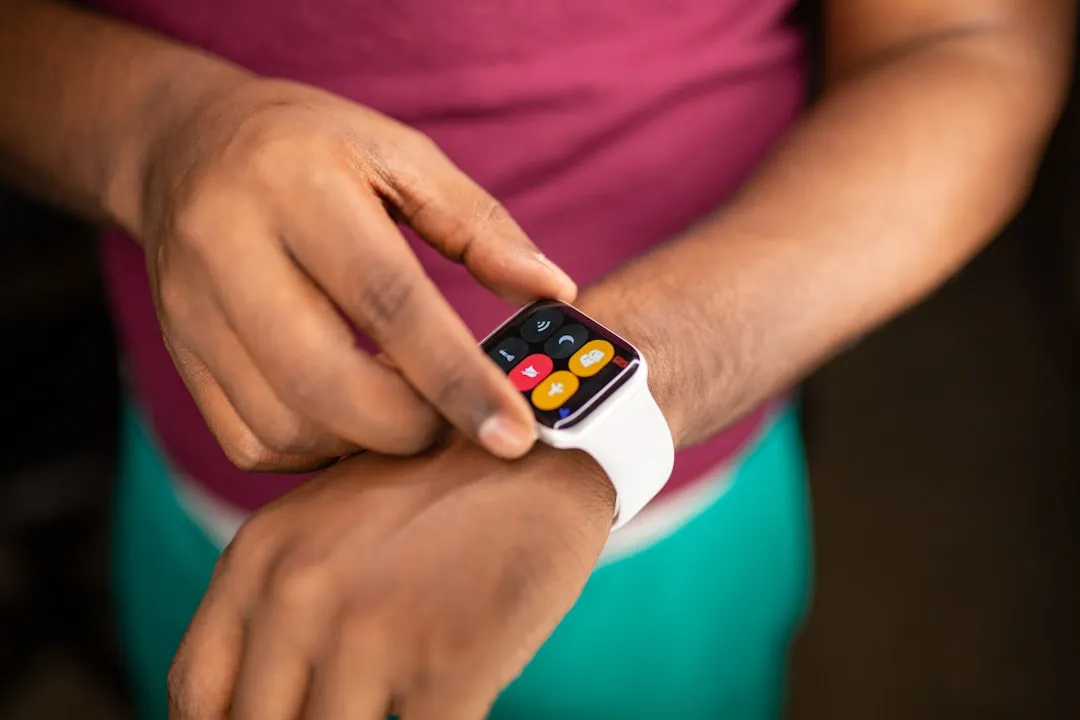

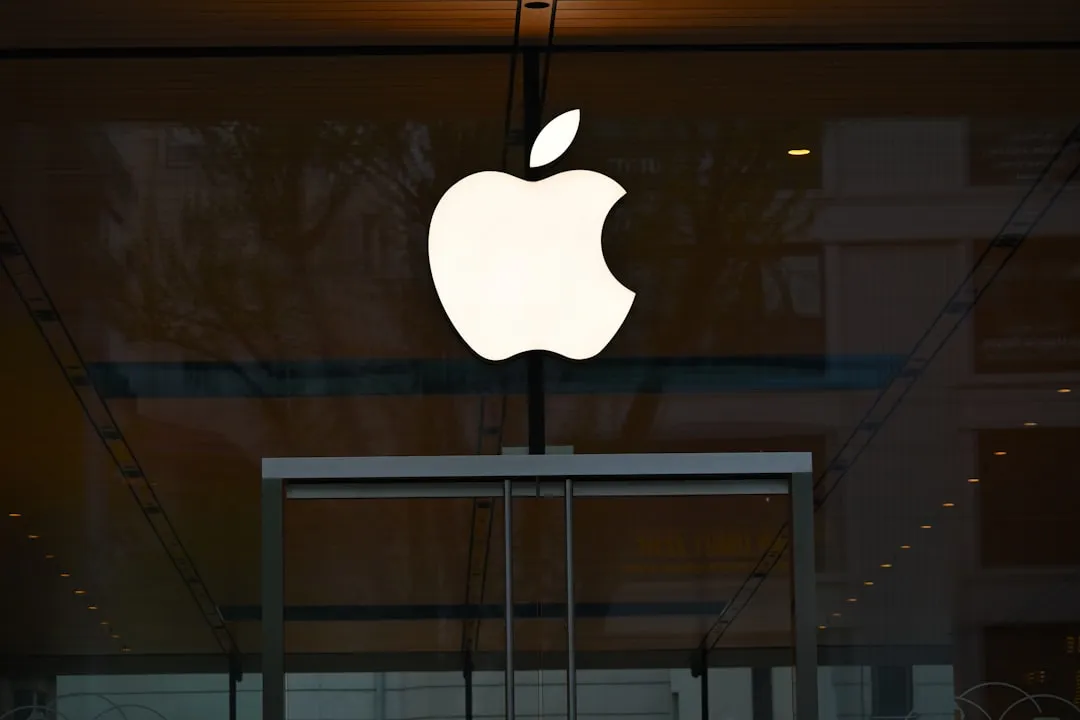

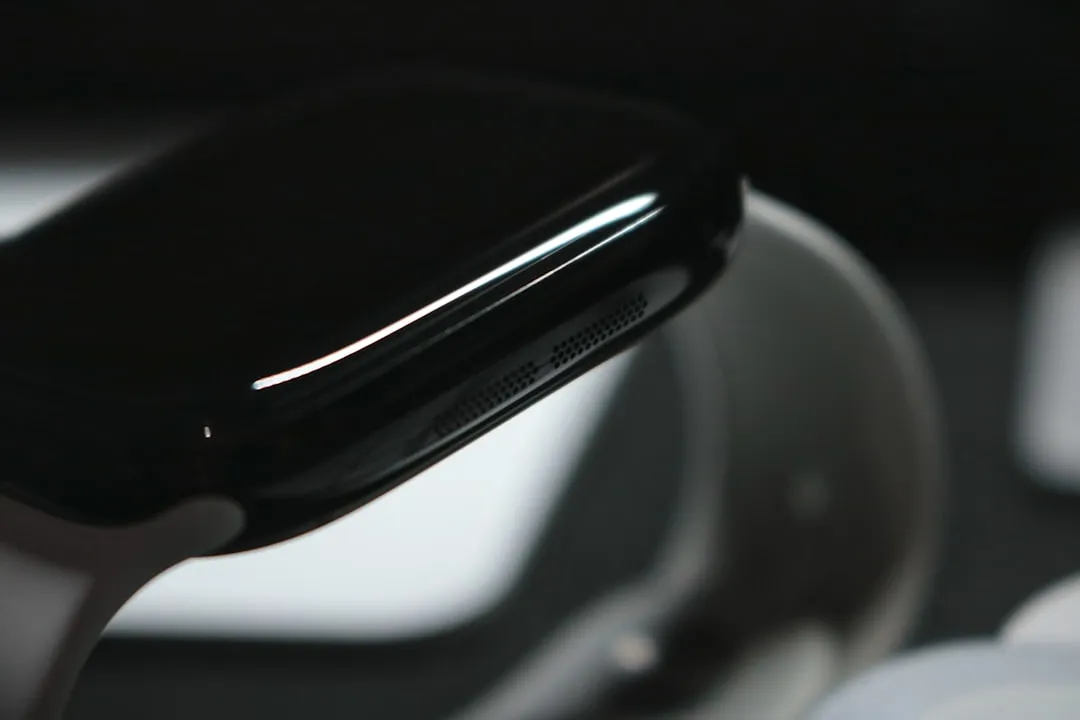
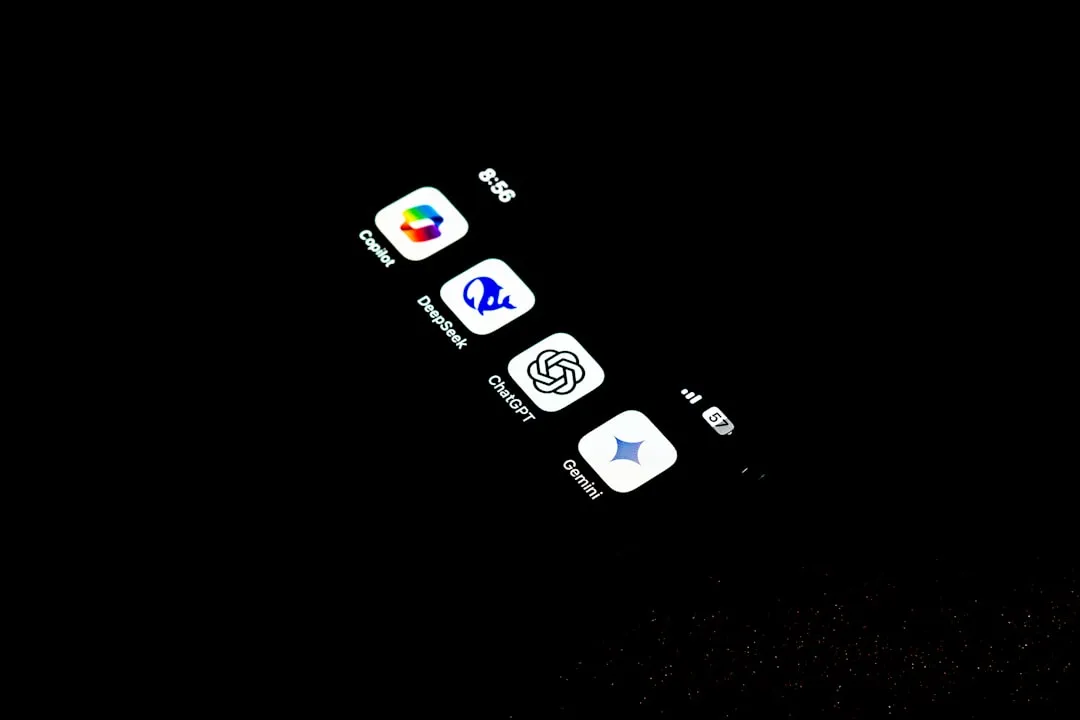
Comments
Be the first, drop a comment!